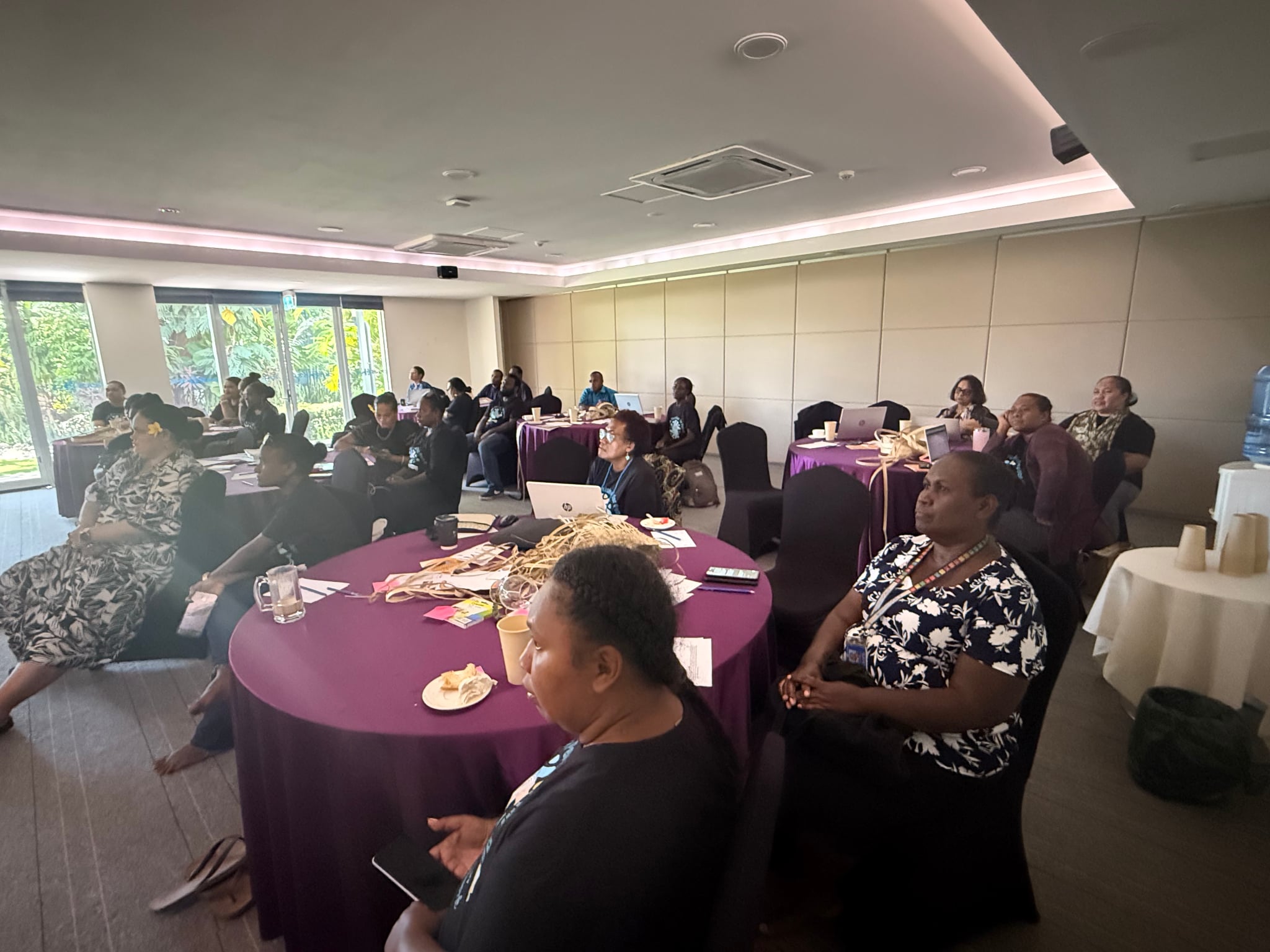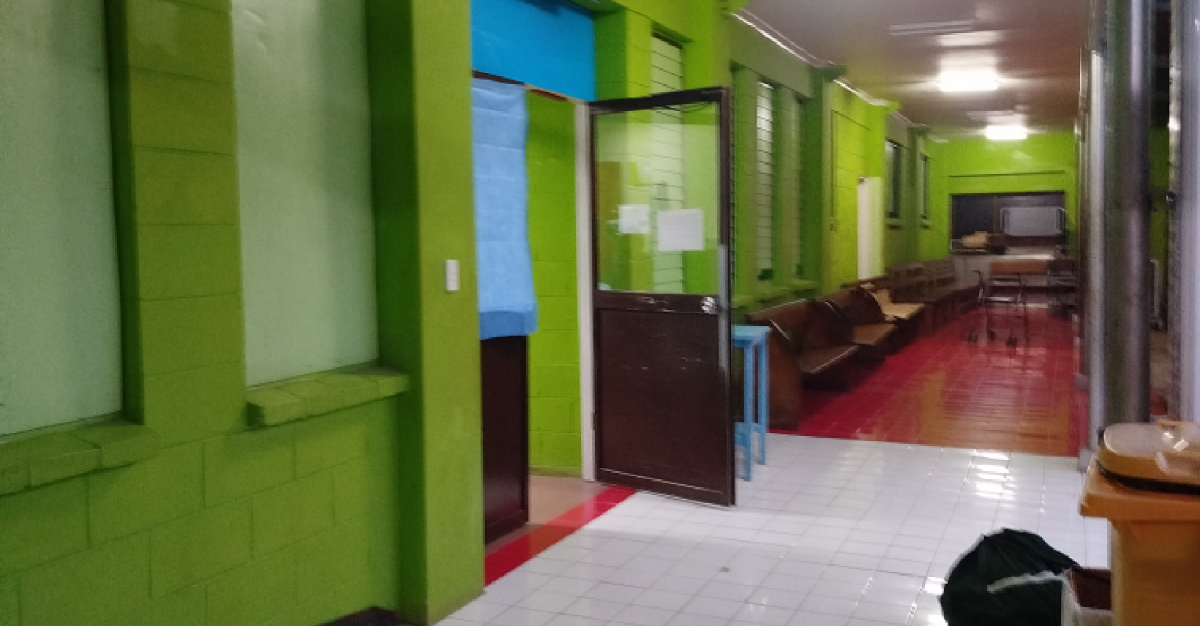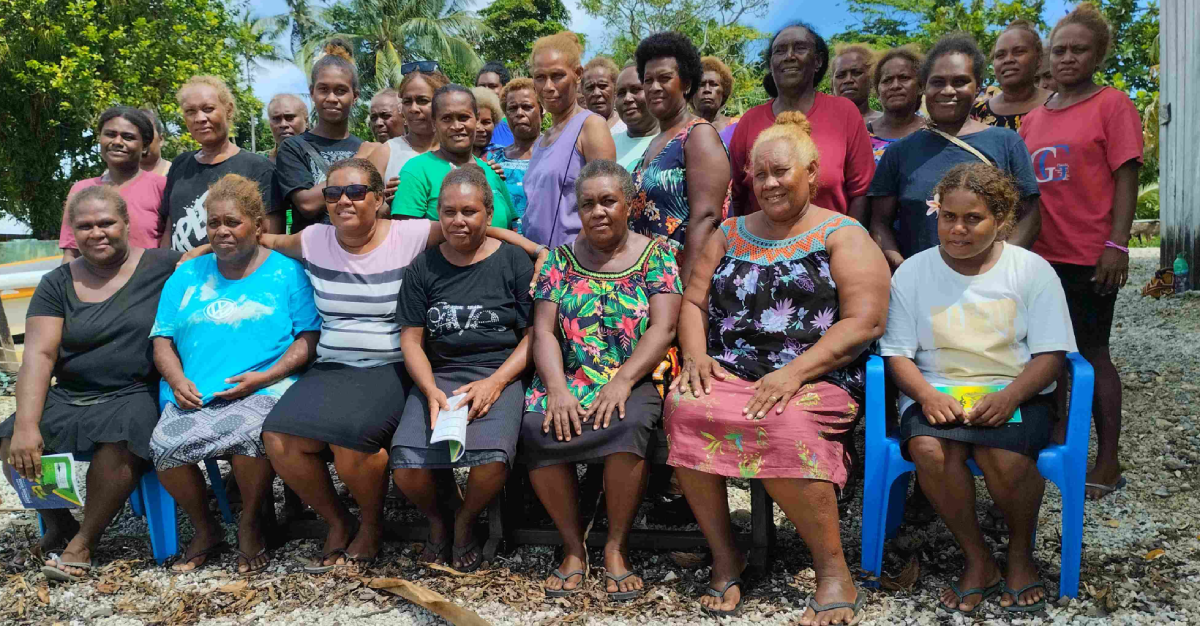The Pacific Women Mediators Network (PWMN) has launched its inaugural colloquium in Honiara on Monday 26th May.
PWMN is a network of women across the Pacific who work to prevent violence, mediate conflicts, and promote peace within their communities.
Recognized as key players in peacebuilding efforts, these women often address the complex impacts of climate change, disasters, and loss and damage.
Although much of their work is informal and spontaneous, their contributions are vital in fostering dialogue and resilience in the face of climate emergencies.
Speaking to the Solomon Star last week, Frances Namoumou, Programs Coordinator for the Pacific Conference of Churches, emphasized that although PWMN was formally established in 2023, many women have long been engaged in this work.
“This space has allowed women to define what peace and security mean for them and their communities in the Pacific,” Ms. Namoumou said.
“When we talk about security or human security, it’s not just about the military or police. For women and communities, it’s about food security, access to clean water in the face of climate change, and the right to self-determination—especially for places still under colonial rule, such as West Papua.”
She added that these conversations are also deeply connected to gender-based violence.
“How do we ensure that when discussing human security or peace, we’re addressing the real issues emerging from our communities? These are the realities we must keep front of mind.”
With the Pacific Islands Forum Secretariat’s (PIFS) Blue Pacific framework identifying peace and security as a key pillar, Ms. Namoumou said PWMN has crafted its own contextual definition of what peace and security should look like for the region.
She noted that the Solomon Islands colloquium is especially significant.
“This is the first time the PWMN, as a network, has moved beyond internal planning and design to focus on a specific country,” she said. “It’s also the first time Solomon Islands is hosting this gathering—with participation from women’s groups, civil society organizations, youth, and young women.”
“One of the main goals of coming here is to listen and learn from the people—women, men, and youth—and to understand what peace and security mean to them.
“Over the past few days, we’ve heard about the issues affecting Solomon Islands and how local organizations are addressing them with the resources they have.”
Ms. Namoumou highlighted the importance of using traditional and faith-based systems in peacebuilding.
“What’s coming through strongly is the role of existing models—traditional methods and faith—which are influential structures. These, alongside government systems, can shape how leadership and peacebuilding are approached here in Solomon Islands.”
She described the colloquium as a powerful learning experience, with participants engaging in town hall-style discussions and sharing personal stories.
These narratives, she said, form a tapestry that reflects the event’s theme: “Weaving Together Peacebuilding and Mediation Capacities Across Our Ocean of Peace.”
“This theme speaks to the vision of what a peaceful, happy isles should look like,” Ms. Namoumou concluded.
By Agnes Menanopo
Solomon Star, Honiara




